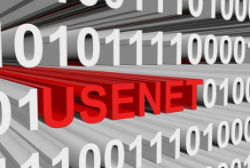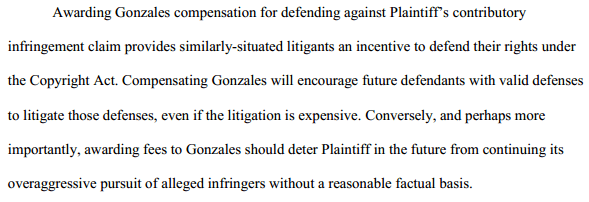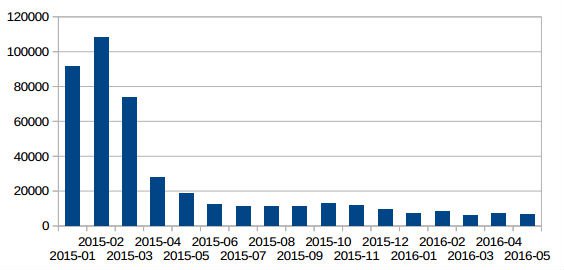IFPI Sneers at YouTube’s $1 Billion Music Industry Revenue Payout
mercredi 7 décembre 2016 à 19:19 YouTube is one of the most popular sites on the Internet so when owners Google make an announcement about revenues, people tend to sit up and listen.
YouTube is one of the most popular sites on the Internet so when owners Google make an announcement about revenues, people tend to sit up and listen.
Yesterday, via its official YouTube blog, Google said that there were “a billion reasons to celebrate music” on YouTube.
“Last year was a bright one for music — after several tough years of declining revenues, the industry started growing again, spurred in large part by the growth of music streaming subscriptions,” YouTube Chief Business Officer Robert Kyncl wrote.
“This year, the industry has even more reasons to be optimistic. Even as music subscriptions have been growing faster than any other subscription type, advertising is another powerful driver of revenue. In fact, in the last 12 months, YouTube has paid out over $1 billion to the music industry from advertising alone, demonstrating that multiple experiences and models are succeeding alongside each other.”
In ordinary circumstances a company paying a trading partner a billion dollars worth of spoils would definitely be a reason for celebration. However, the relationship between YouTube and the labels is both uneasy and fractured, so IFPI openly poured cold water all over the hosting platform’s party instead.
“Google has today issued more unexplained numbers on what it claims YouTube pays the music industry. The announcement gives little reason to celebrate, however,” IFPI began.
“With 800 million music users worldwide, YouTube is generating revenues of just over US$1 per user for the entire year. This pales in comparison to the revenue generated by other services, ranging from Apple to Deezer to Spotify. For example, in 2015 Spotify alone paid record labels some US$2 billion, equivalent to an estimated US$18 per user.”
While on the surface this appears to be a business problem, IFPI and its member labels see things differently. They believe this is a legislative issue, one borne out of YouTube’s apparent exploitation of the DMCA and similar frameworks which offer the platform safe harbor when users upload infringing content.
While Apple, Deezer and Spotify must pay out huge sums to license and distribute music (Spotify is said to part with 85 cents for every dollar in revenue), YouTube can sit back and allow its users to upload ‘pirate’ music instead. It pays nothing for this content but still places ads alongside to generate revenue, the labels say.
YouTube correctly argues that the DMCA protects it under these circumstances and when copyright holders ask for content to be taken down, it acts quickly. YouTube also correctly notes that its Content ID fingerprinting system already goes above and beyond what is required of it under the law and is in itself a great system to help copyright holders generate revenue.
The labels, however, see this whole setup as a protection racket, one in which YouTube gets the content for nothing and as a result is free to offer poor rates when the industry comes begging for licensing fees.
“YouTube, the world’s largest on-demand music service, is not paying artists and producers anything like a fair rate for music,” IFPI said last night.
“This highlights more than ever the need for legislative action to address the ‘value gap’ that is denying music rights holders a fair return for their work.”
What IFPI and its recording label members want are changes in the law which will effectively force YouTube to pay a fair price for the content from which it generates revenue.
In the United States, the labels want the DMCA tightened. In Europe, all eyes are on Article 13 (1,2)of the proposed Copyright Directive which would require online services to monitor and filter pirated content.
Whether the labels will get their way will remain to be seen, but this kind of legislative change has the potential to shake up the entire Internet, with far-reaching effects that go way beyond music. Expect more battles – and mudslinging – as the months and years unfold.
Source: TF, for the latest info on copyright, file-sharing, torrent sites and ANONYMOUS VPN services.
 In 2009, Dutch anti-piracy group BREIN, representing the movie and music industries, took
In 2009, Dutch anti-piracy group BREIN, representing the movie and music industries, took  For more than half a decade so-called “copyright trolling” cases have been keeping the U.S. judicial system busy.
For more than half a decade so-called “copyright trolling” cases have been keeping the U.S. judicial system busy.

 With millions of regular visitors, both via the web and through mobile apps,
With millions of regular visitors, both via the web and through mobile apps, 